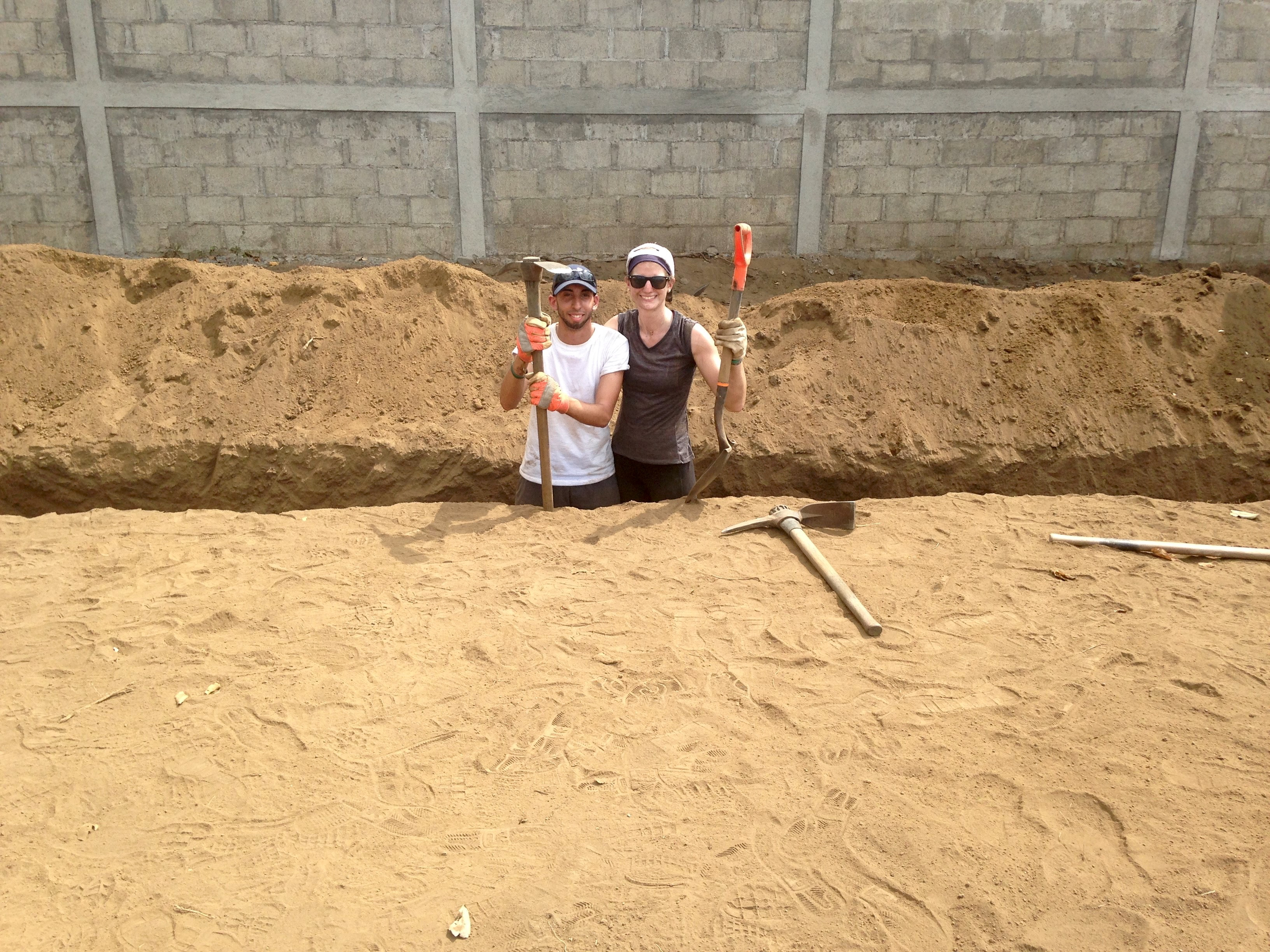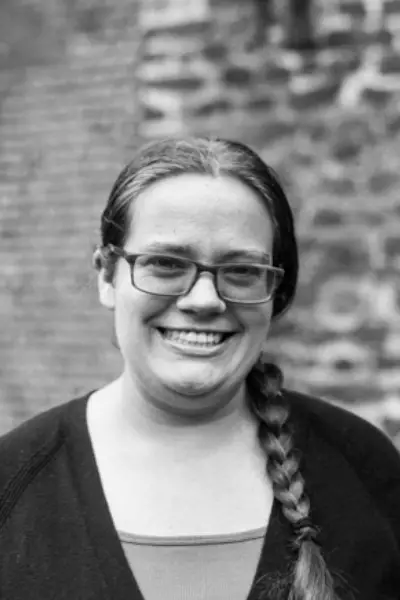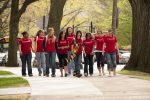Sammie Dibbern, twenty-one, lives for making somebody’s bad day just a little bit better.
That’s why she chose to pursue a career in nursing at Elms College in Chicopee, Massachusetts. Anatomy and physiology came naturally to Dibbern, but her passion for healthcare stemmed from being around people and helping them. So when the director of Elms College’s Campus Ministry, Sister Carol Allan, said to her, “You’re going to Nicaragua on spring break this year because that’s where you need to be,” Dibbern agreed.
“There is no arguing with Sr. C,” Dibbern says. “And I could not have been more excited.”
The largest country in Central America, Nicaragua is severely underdeveloped due to years of political instability, warfare, natural disasters and paralyzing trade embargoes placed by the United States. The nation’s instability has resulted in many of its outlying villages lacking access to nearby water. Citizens have to walk miles to a water source, only to carry back buckets of unclean, contaminated water to drink and bathe in.
Through her school’s ministry, Dibbern was able to travel to Nicaragua for one week in an attempt to help put an end to this issue. She and her classmates were paired up with a group called “Amigos for Christ,” a nonprofit organization, founded in 1999, that assists rural Nicaraguan communities in gaining access to water, healthcare and education. Together, they dug trenches for water pipes, moved soil and rocks, and helped families bring water from the stream to their home—a two mile trip—so they didn’t have to make numerous trips in one day.
“[Amigos for Christ’s] goal is to get fresh, running water to every person who lives in the country,” Dibbern says. Her focus was to help citizens in the northeastern part of the country, in the cities of Leon, La Coyotera and La Chuscada.
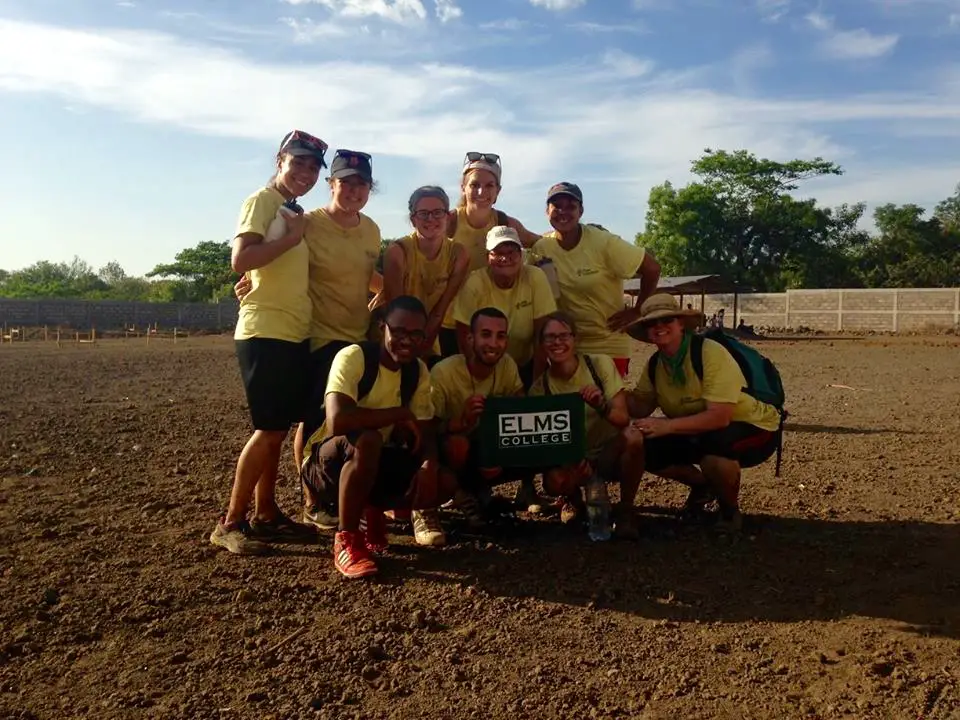
“It was very tiring, both physically and mentally, but it was strange because I was so relaxed at the same time. There was a gentle ease to every day there, and I was so calm and carefree that it was the least stressed I had been since I started high school.”
Prior to visiting the country, Dibbern didn’t know what to expect of Nicaragua and its people. People had warned her of pickpockets, but upon landing in Managua, the country’s capital, she quickly learned the opposite was true. “They welcomed us so warmly,” Dibbern says. “It was like they wanted us to feel equal and like a part of their families.”
Mangoes and Locals: The People of Nicaragua
On top of digging trenches and moving rocks, “Amigos for Christ” wants their volunteers to socialize with the locals. Dibbern happily took part in this. She would play soccer with children when school got out, shovel alongside community members and visit residents of long-term care facilities—housing establishments the elderly or disabled moved to when their families couldn’t afford to care for them any longer. She found that she felt a strong connection to all of the people she met during her time in Nicaragua, despite having to fight a language barrier. “I made friends with whacky hand gestures and funny faces,” Dibbern says. “It was like we didn’t need to speak the same language to understand each other.”
One of the things Dibbern likes to reflect on is how open and welcoming the people of Nicaragua are. “They share what little they have, and do so with no hatred in their heart,” she says. The Elms College student experienced this firsthand on a day when she was working in La Chuscada, doing groundbreaking work for a preschool. She approached a small hut where a family was having a lively conversation with several other volunteers.
“The son insisted that he make us a ‘fruit salad,’ so we agreed,” Dibbern says. “He then proceeded to climb a tree right next to us and retrieve fresh mangoes for us to eat.”
The son and his mother prepared the salad by putting salt and lime juice on the sliced mangoes. They refused to let Dibbern or the other volunteers help because it was their way of thanking them for all their volunteer work. “When I asked them if they ate this fruit often, the mother replied, ‘It’s all we eat.’ And I realized that they were sharing their only food with us.
“I still want to cry thinking about it because of how selfless that family was. They fed us when they could barely feed themselves and insisted we take the leftovers to our friends to ‘keep our strength.’ I just think it’s beautiful how these people live to share and always think of others before themselves,” says Dibbern.
Why You Should Volunteer Abroad
Because of her trip to Nicaragua, Dibbern’s career path has slightly changed. While she still wants to pursue a career in nursing, and has even looked into how to become a nurse practitioner, rather than working in suburban neighborhood hospitals or well-off cities, she wants to work as a traveling nurse and offer healthcare services to the less fortunate.
“I really want to work with people who don’t have much,” Dibbern says, “because I think they have the most to give.”
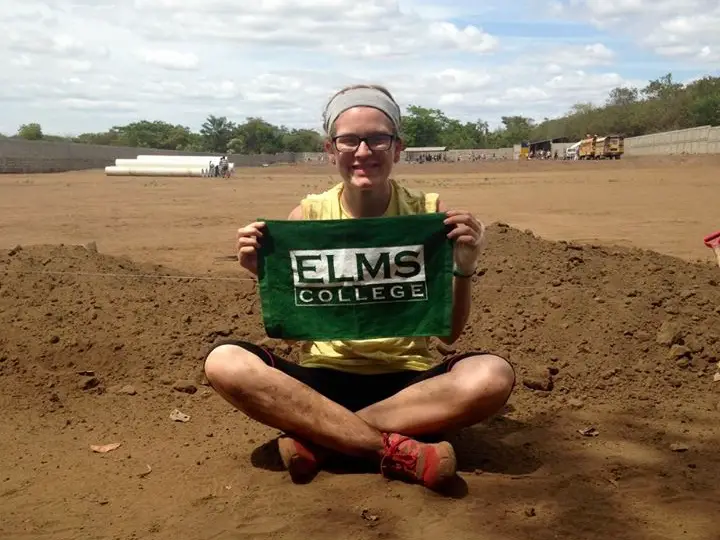
There is no doubt in Dibbern’s mind that the trip changed her life, and she wants to encourage anyone who has the opportunity to volunteer abroad to jump at it. Not only does it immerse people into an environment they may not be aware of, but it also brings about a new level of understanding of how life works and, as Dibbern says, “even how you yourself work.”
She also says it will be one of the most rewarding experiences of your life, something Dibbern learned in La Coyotera when she was digging trenches to lay water pipes in and the village leader came to speak with the volunteers, thanking them for all their hard work.
“The one thing that he said that has stuck with me to this day is: ‘I wish I could give you something in return for your help to save the people of our village, but all I have to give you is my greatest thanks, and my daily prayer for your happiness.’ Having his thanks was worth more than anything I have ever received in this world, and I won’t let a day go by where I don’t thank that man for giving me that.”
The only challenging part of Dibbern’s trip to Nicaragua was saying goodbye. “I seriously cried as we got on the plane,” Dibbern says. And as she travels back to Nicaragua this spring for another week of volunteering, she expects saying goodbye will be even harder.
For those who are going to volunteer abroad, her advice is simple: Go to these places with an open mind.
“Go there knowing only the essentials and let everything you see, feel, smell, taste and hear change every part of you,” she says. “Be open to trying new things and most importantly do not be afraid. Because fear leads to hate and we have too much of that in the world.”


